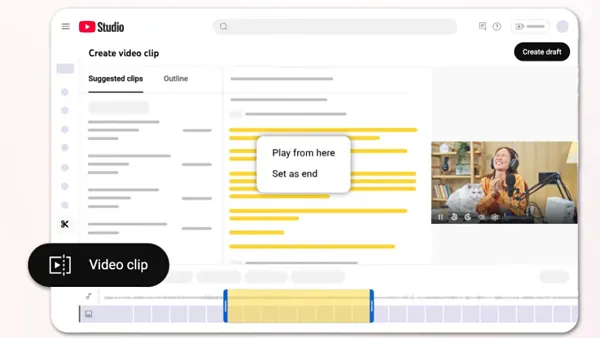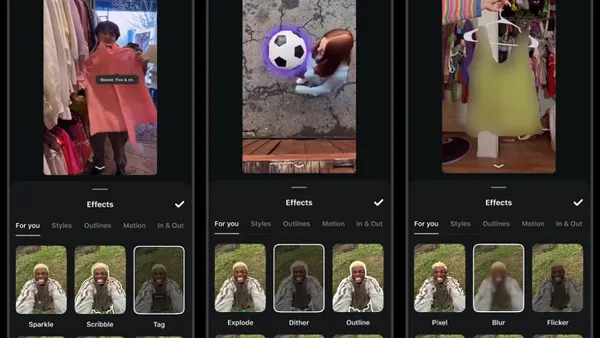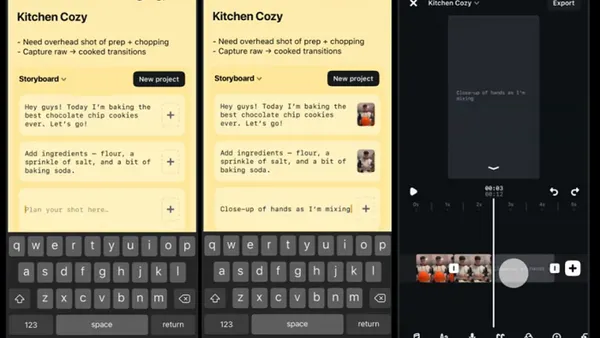Online retailers have all bought into the value of offering shoppers discounts at the point of purchase on their sites. All the old-school reasons still remain such as rewarding people for repeat purchases, running a seasonal promotion or awarding competition prizes. It's quite the norm now and you would be hard pressed to find a site that doesn't have that "Coupon Code" box just before finalising your order.
Do a search on Google for "discount codes" and reams of sites appear where you can find the latest coupons for just about any store. More and more users are aware of just how easy it is to find a coupon every time they buy something regardless of whether they saw the promotion or bought something before. What this does is dilute the offer and lose the company money. If you want to reward a shopper by offering a free product, and this code is instantly shared by hundreds of others, you're giving away a lot more than you should have to.
Yes, you could generate a complex system that issues unique codes to each shopper, much like a software license, and throw an error if this code is entered twice, but what if you wanted to send out a generic code to a subscriber base like your Facebook fans, Twitter followers, email or even direct mail? There has to be a cleaner way.
We recently worked out a system for our client, Sony Playstation, which seemed to solve this completely. The offer was a free game. Users would go to a Facebook application that authenticated them via their Facebook ID. Users could click a button and have a unique code generate for them. By linking this code to their ID, it meant that:
1) Only one code would ever be shown to that user no matter what computer they accessed it from
2) No two users could ever see the same code
3) No code could ever be redeemed twice
4) Sharing the code would be pointless because it was linked to a particular user
The result was that Sony Playstation could keep complete control over the number of free games they issued as well as have total clarity on their measurement of precisely how many users engaged with the campaign. Sites like www.discountcodes4u co.uk were no longer an issue and everything was kept flawless and manageable. As such, Playstation are now going to be using the system for future coupon campaigns.
The value of Facebook extends beyond just the social tools and sharing opportunities, but the massive database of users who we can identify and write applications that link directly to them.
It has now revolutionised the online discount industry, if people use it the way we have, so what else can we do with this power?










